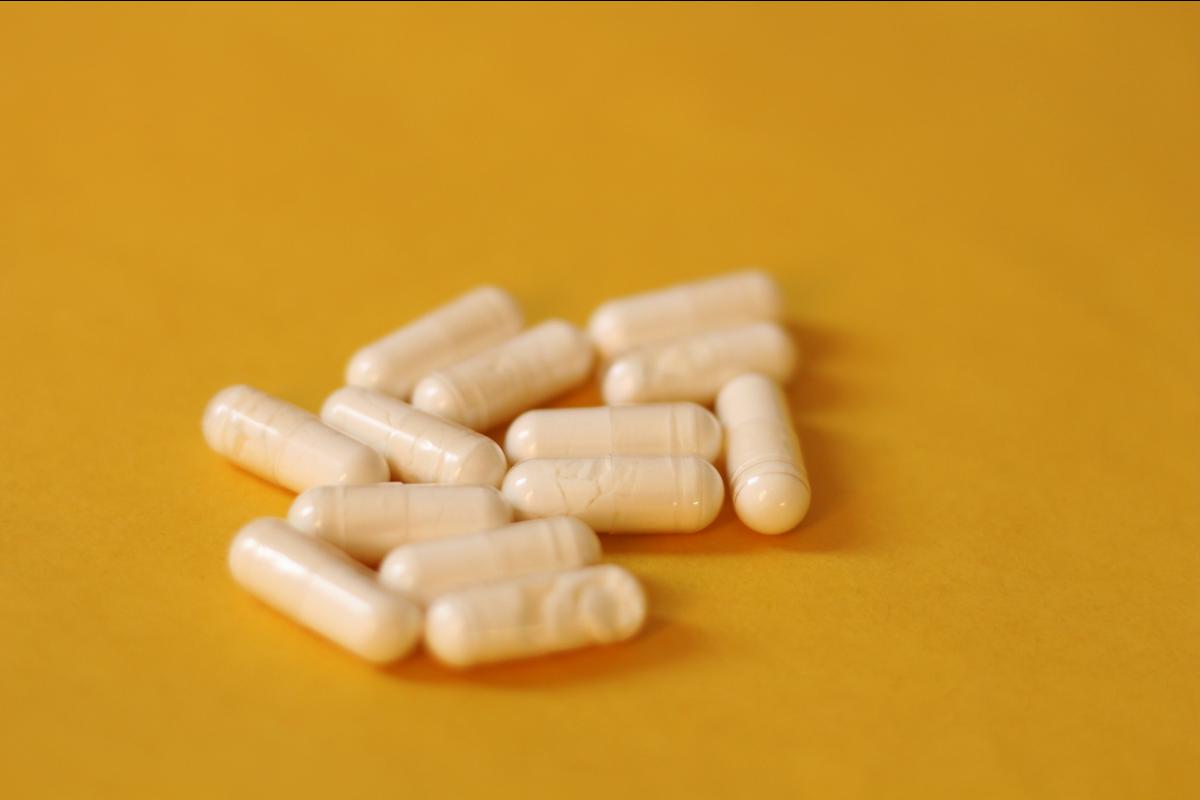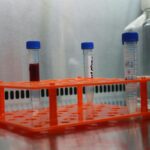What Do High B12 Levels Really Mean? Symptoms and Uncertainty
Healthy’s Summary
If you’ve had bloodwork come back showing high B12 levels, you might be wondering what that means—and whether it’s something to worry about. Searches on high B12 levels are trending for a reason: more people are getting tested, and many are left with vague or confusing results.
But here’s the truth: we don’t fully understand what elevated B12 means in most healthy people. Unlike deficiencies, which clearly affect energy, mood, and nerve function, too much B12 is rarely associated with direct symptoms—at least not in a proven, consistent way.
And while some headlines have linked high B12 levels to cancer risk, the research is early, contradictory, and far from conclusive.
What are the symptoms of high B12 levels?
Let’s get this out of the way early: most people with high B12 don’t feel any different, making high b12 levels symptoms difficult to spot.
Unlike a deficiency—which can lead to fatigue, tingling in the hands and feet, memory problems, or even depression—elevated B12 usually doesn’t come with obvious symptoms. That’s part of why it often goes unnoticed unless bloodwork flags it.
That said, some people report:
- Mild skin outbreaks or rashes
- Headaches
- Anxiety or jitteriness (especially after injections or high-dose supplements)
- Digestive issues (like nausea or bloating)
But here’s the thing: these effects are anecdotal and not well studied. Most of what we know comes from case reports, not large-scale trials. Many of the above symptoms could easily be linked to something else entirely.
Why would B12 levels be high if I’m not supplementing?
Great question—and one that’s stumping researchers, too.
Here are a few potential (and varied) reasons your B12 might be elevated:
- Hidden supplementation: Some energy drinks, multivitamins, and fortified foods contain large doses of B12. Even small daily exposures can add up over time.
- Liver or kidney conditions: B12 is stored and processed in the liver. If there’s liver disease or reduced kidney function, levels in the blood can spike—even if you’re not taking supplements.
- Infections or inflammation: Some studies suggest that high B12 may show up during periods of intense illness or inflammation, but it’s still unclear whether it’s a cause, a symptom, or a side effect of how the body copes.
- Certain cancers: A few large observational studies have linked unexpectedly high B12 levels with increased risk of certain cancers, including leukemia and liver cancer. But again—this doesn’t mean B12 causes cancer. It may just be a signal that something else is going on in the body.
According to a large Danish study published in The Journal of the National Cancer Institute, people with very high B12 (above 800 pmol/L) had a higher rate of being diagnosed with cancer within a year—but this doesn’t prove cause and effect. It just raises eyebrows and calls for more research.
Interested in learning more about this topic? Keep exploring in our article: ‘Could High B12 Levels Be a Sign of Cancer? Here’s What You Should Know‘
High B12 and Cancer: Connected?
The scary headlines come from observational data. They don’t prove that B12 causes cancer or that high levels are dangerous on their own. In fact, many people with cancer have normal B12. And many with high B12 have no health issues at all.
Still, if you’re not taking supplements and your levels are persistently elevated, it’s worth a conversation with your doctor. They may recommend a deeper look into liver function, kidney markers, or other blood tests to rule out anything hidden.
Ask Healthy
What should I do if my B12 is high?
If your blood test shows elevated B12, don’t panic—but don’t ignore it either.
Here’s a reasonable path forward:
- Double-check your supplements. B12 is often hidden in “energy” products, drinks, or general wellness pills. Pause those and retest.
- Repeat the test. Levels can fluctuate, and lab errors happen.
- Ask about other labs. Your doctor may check liver enzymes, kidney function, or markers of inflammation.
- Discuss your history. Any unexplained weight changes, fatigue, or other symptoms? They may help clarify the bigger picture.
High B12 can be harmless, especially if linked to supplementation. But if it shows up unexpectedly, it’s worth a second glance—not because it’s definitely dangerous, but because it’s a clue. Whether experiencing any symptoms you don’t understand, or just have concerns, talk to your doctor. And remember, high b12 levels symptoms aren’t straightforward, so share your concerns and observations with your doctor.
The Takeaway
There’s a lot we don’t know about high B12 levels. For now, it’s best to think of them not as a diagnosis, but as a flag—something to interpret in the context of your overall health. If you’re supplementing, pause and recheck. If you’re not, and your levels are high, work with a doctor to go a layer deeper. More research is needed on B12 and it’s relationship to specific conditions, but logging, testing, and having a conversation with your doctor are alway worthwhile activities with symptoms you’re trying to understand.
Want to dig deeper?
You’re Not Crazy! Find Answers to What’s Causing Your Symptoms
Struggling to connect the dots between your symptoms and potential causes? This program empowers you to track symptoms, diet, and mood, uncovering patterns and triggers for hard-to-diagnose conditions like gut health, IBS, migraines, autoimmune diseases, and chronic fatigue. Gain clarity and create doctor-ready reports with tools designed to support your self-advocacy and health journey.
Enroll in one of Healthy’s Programs to log, track and learn more about your Health, one conversation at a time.
Learn More




